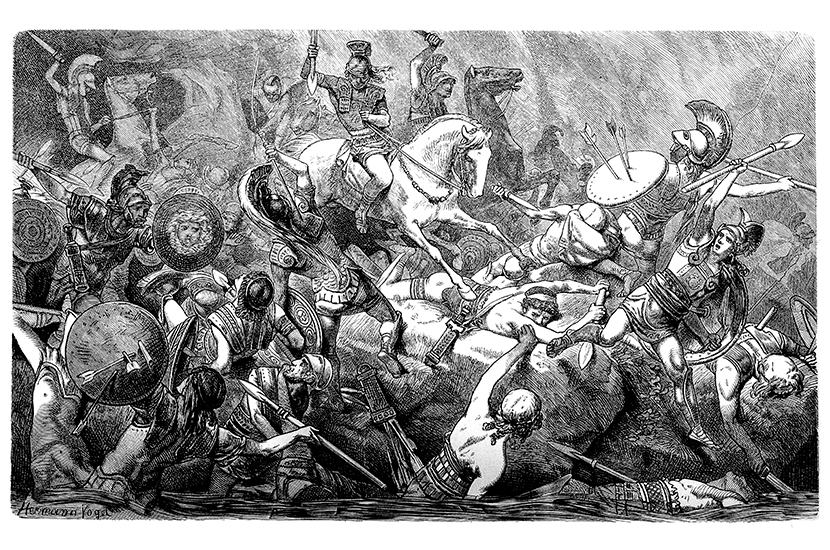The EU has regularly been likened to the Roman Empire. But its current direction suggests that the Athenian Empire (478-404 bc) is a better parallel.
The EU began as an attempt to unify countries economically after the second world war. By slow accretion of powers via the single market, Maastricht, the euro and finally Lisbon, the EU became, drip by drip, a full political union run by an unelected central authority, which now threatens to end vetoes and intervene domestically, suing member states with whose policies on immigration, civil rights, freedom of speech etc it disagrees.
After the Persian wars, Athens in 478 bc assembled on Delos an alliance of Greek city-states (poleis) to keep Persia at bay. Each of the poleis that signed up was to contribute ships or money to an agreed Athenian formula, with Athens providing more ships than anyone else.
But Athens began using the alliance to extend its own power across the Aegean (for example, in Egypt). It imposed Athenian-style democracies on poleis ruled by wealthy oligarchs (a move popular with the poor) and used force to prevent poleis leaving the alliance. In 454 bc its control became even more explicit when the alliance moved its headquarters from Delos to Athens, with one sixtieth of the money now becoming Athens’s property. Though a settlement of sorts was signed with Persia, the alliance continued.
Then Athens moved into the Black Sea, controlling access to the Hellespont. It became treasonable to impede Athens’s collection of tribute. Its allies had to use Athenian weights and measures. Garrisons were imposed on the unreliable. Athenian officials were everywhere. Certain legal disputes had to be tried in Athens. Drip, drip, drip… But the Spartans and their allies had never been part of this alliance, and their fear of it led to the Peloponnesian War (431-404 bc) which ended in Athens’s surrender.
And the EU? No external force threatens it. But its current imperial power-grab, including a court case arguing it has a ‘right’ to command funds at will from the German state — fiercely resisted in Germany — may be unwise: no Germany, no EU.






Comments